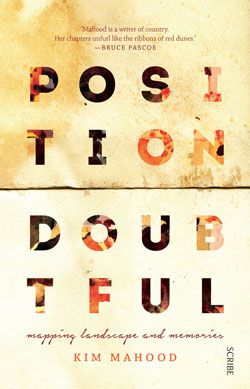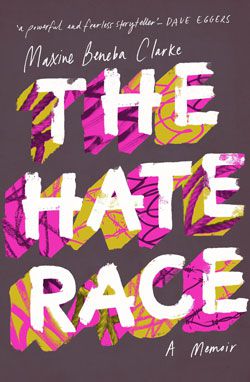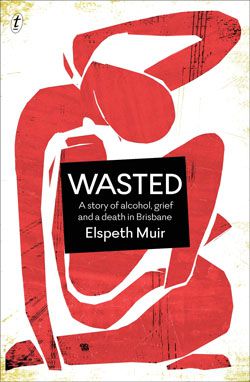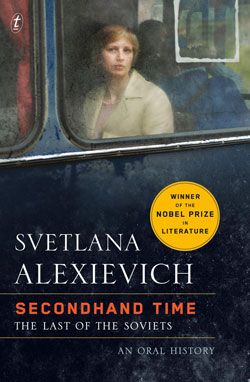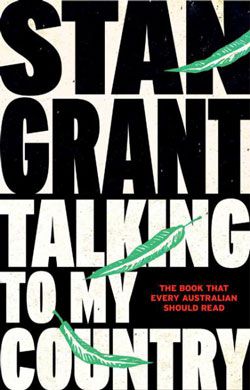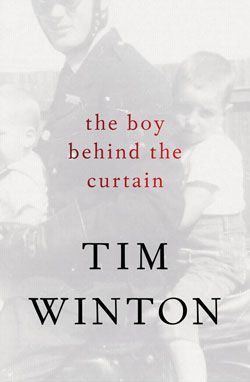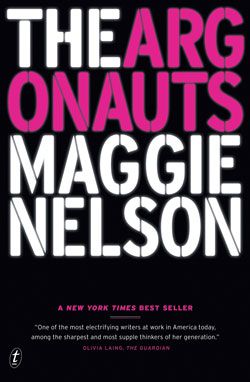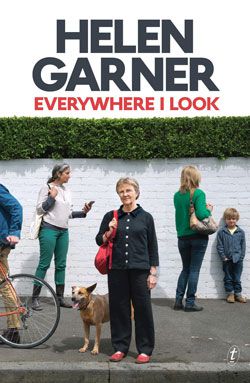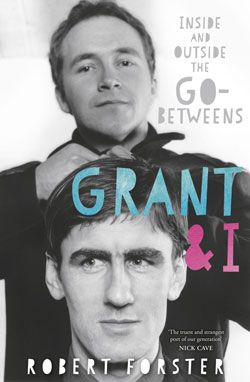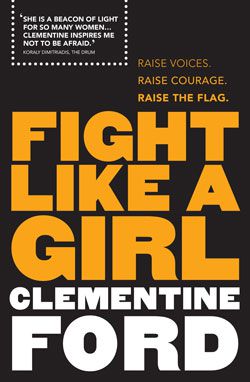Every year our staff vote for their favourite books, albums, films and TV shows of the past 12 months. Here are our top 10 non-fiction books of the year, voted for by Readings’ staff, and displayed in no particular order.
(You can find all our best picks for books, CDs & DVDs of 2016 here.)
Position Doubtful by Kim Mahood
Position Doubtful is an astonishing, sprawling memoir of place. Returning annually to the area where she lived as a child on a remote cattle station, Tanami Downs (though for her it is always Mongrel Downs), artist Kim Mahood works with the traditional owners of the Tanami Desert country to map the landscape and memories of the region.
– Marie Matteson
The Hate Race by Maxine Beneba Clarke
Maxine Beneba Clarke’s storytelling in The Hate Race is smooth and lyrical, sincere and ironic, but above all, it is fierce. She turns what appears first as a nostalgic childhood memoir into a cutting, revealing description of racism in Australia that will appeal to anyone with an interest in Australian history, culture, and identity today.
– Amy Vuleta
Wasted by Elspeth Muir
Elspeth Muir’s memoir begins after her younger brother’s night of heavy drinking culminates with him jumping from a bridge and drowning in the Brisbane River. Her handling of the subject is, by turn, heartbreaking, evocative and, in parts, refreshingly weird, and her assured voice makes this a sobering read.
– Chris Somerville
Secondhand Time by Svetlana Alexievich (translated by Bela Shayevich)
This landmark work from the 2015 Nobel Prize winner is a deeply empathic oral history of the disintegration of the Soviet Union; open at any page and you will be moved. Importantly, the diverse voices offer an alternative version of the ‘official’ history, and powerfully convey the emotional upheaval experienced by real people.
– Bronte Coates
Talking to My Country by Stan Grant
2016 has been a turbulent year and the perfect way to come to terms with it is to read Stan Grant’s Talking to My Country. In a powerful, heartfelt memoir of growing up a Wiradjuri man in Australia, Stan Grant invites us all to talk to our country and to listen.
– Marie Matteson
The Boy Behind the Curtain by Tim Winton
Many people consider The Boy Behind the Curtain to be Tim Winton’s most personal work yet. These snippets of Winton’s life give a great insight into what makes him such a well-loved author, and readers of his novels will recognise many of the themes that have shaped his work.
– Sharon Peterson
The Argonauts by Maggie Nelson
The Argonauts eludes easy definition. A genre-bending memoir, at its centre is a love story between Maggie Nelson and the artist Harry Dodge, who is undergoing gender reassignment while Nelson is pregnant. Nelson is an electrifying writer, and The Argonauts is an intensely personal, fiercely intelligent reflection on marriage, motherhood, desire and family.
– Stella Charls
Everywhere I Look by Helen Garner
A mesmerising collection of essays and diary entries, this is a book to savour and re-read. No one else writes with as much insight, clarity and humour. The diary entries in particular are a treat: tiny fragments of life brilliantly observed and beautifully crafted by one of Australia’s greatest writers.
– Kara Nicholson
Grant and I by Robert Forster
The Go-Betweens was a dearly loved and influential Brisbane band whose literate, post-punk songs, with their ‘striped sunlight sound’, changed the soundscape. This is a story about a band and a friendship. Robert Forster has written with grace and charm about his late friend, Grant McLennan, and their time together.
– Daniel Carroll
Fight Like a Girl by Clementine Ford
Clementine Ford’s manifesto speaks to women across generations and is a rallying cry: Be angry. Because if we aren’t, we aren’t paying enough attention. Ford has reinvigorated the feminist debate and spotlights sexism and women’s disadvantage in Australia today.
– Natalie Platten


